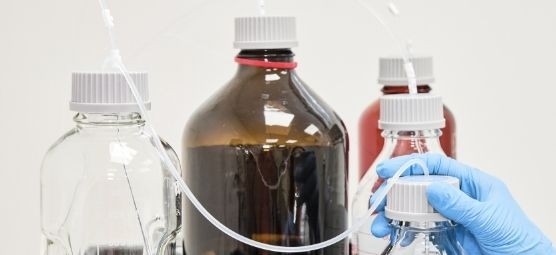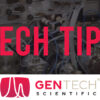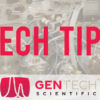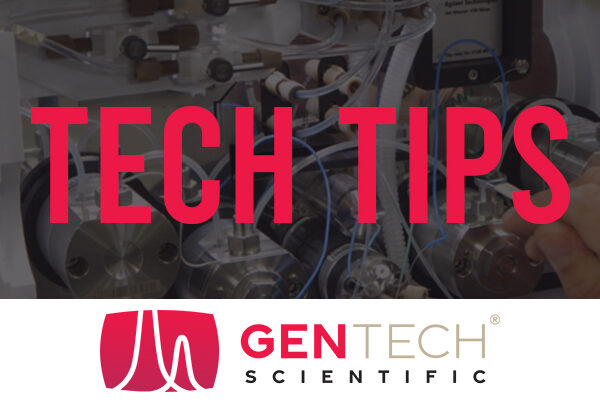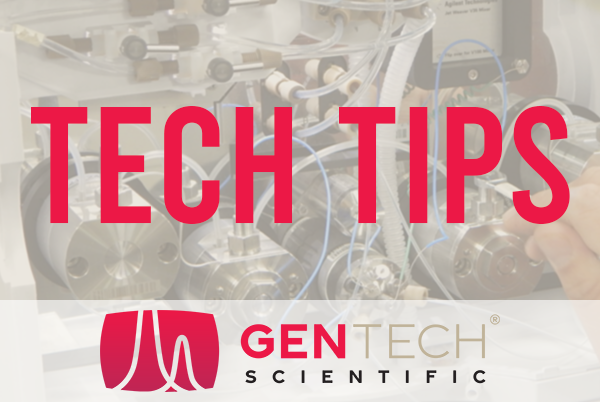Many different industries use chromatography in their processes, including analytical labs. Reversed-phase chromatography is a liquid chromatography technique—in fact, reversed-phase liquid chromatography is the most popular use of chromatography. In the classic chromatography phase, the polarity is opposite to reversed-phase liquid chromatography, which is where the name came from. Our team has put together a general guide on what to know about reversed-phase liquid chromatography, so keep on reading to learn more.
What Is It?
As previously mentioned, in the original chromatography model, the polarity is opposite from that of reversed-phase liquid chromatography. In reverse phases, the stationary phase is non-polar. The stationary phase is typically composed of C18, which is eighteen carbons long. The mobile phase of reversed-phase liquid chromatography is polar, often made up of H2O or an organic solvent. This means that in classic chromatography, the mobile phase is non-polar, and the stationary phase is polar.
A reversed-phase liquid chromatography machine can handle both hydrophilic and hydrophobic materials. Hydrophilic materials have a low retention time. They move fast, and the column will not hold onto hydrophilic materials for long. Hydrophobic materials, on the other hand, have a high retention time, so they move through much more slowly.
What Can It Do?
In terms of what to know about reversed-phase liquid chromatography, knowing what exactly this process can do is helpful. Reversed-phase is versatile because it can handle various materials. Mixtures containing under 2000 Daltons are ideal for reversed-phase. Acids and bases are also ideal, but in these cases, one should utilize a buffer in the mobile phase. Smaller peptides and proteins are also appropriate.
Some materials, such as very hydrophilic or hydrophobic ones, are not as ideal, which is equally as important to know. Very hydrophobic materials can stick to the stationary phase, which means the detector won’t be able to read it easily. Very hydrophilic materials will do the opposite, as they will not stick at all. This is a problem because the materials will wash out, and no separation will occur. Inorganic ions also won’t separate in a reversed-phase machine.
Reversed-phase liquid chromatography is a powerful and popular tool in laboratory analysis, and an HPLC (high-performance liquid chromatography) machine is one of the most common devices that laboratories use for the process. GenTech Scientific specializes in analytical instrument sales, service, and parts. We have a variety of new and used HPLC equipment available, as well as many other analytical instruments. We stand behind what we do, so we offer service and repair, as well as warranty and support. Since our establishment in 1996, our passion has been to provide you with quality products and services. Don’t hesitate to give us a call or visit our website for all your analytical instrument needs.

